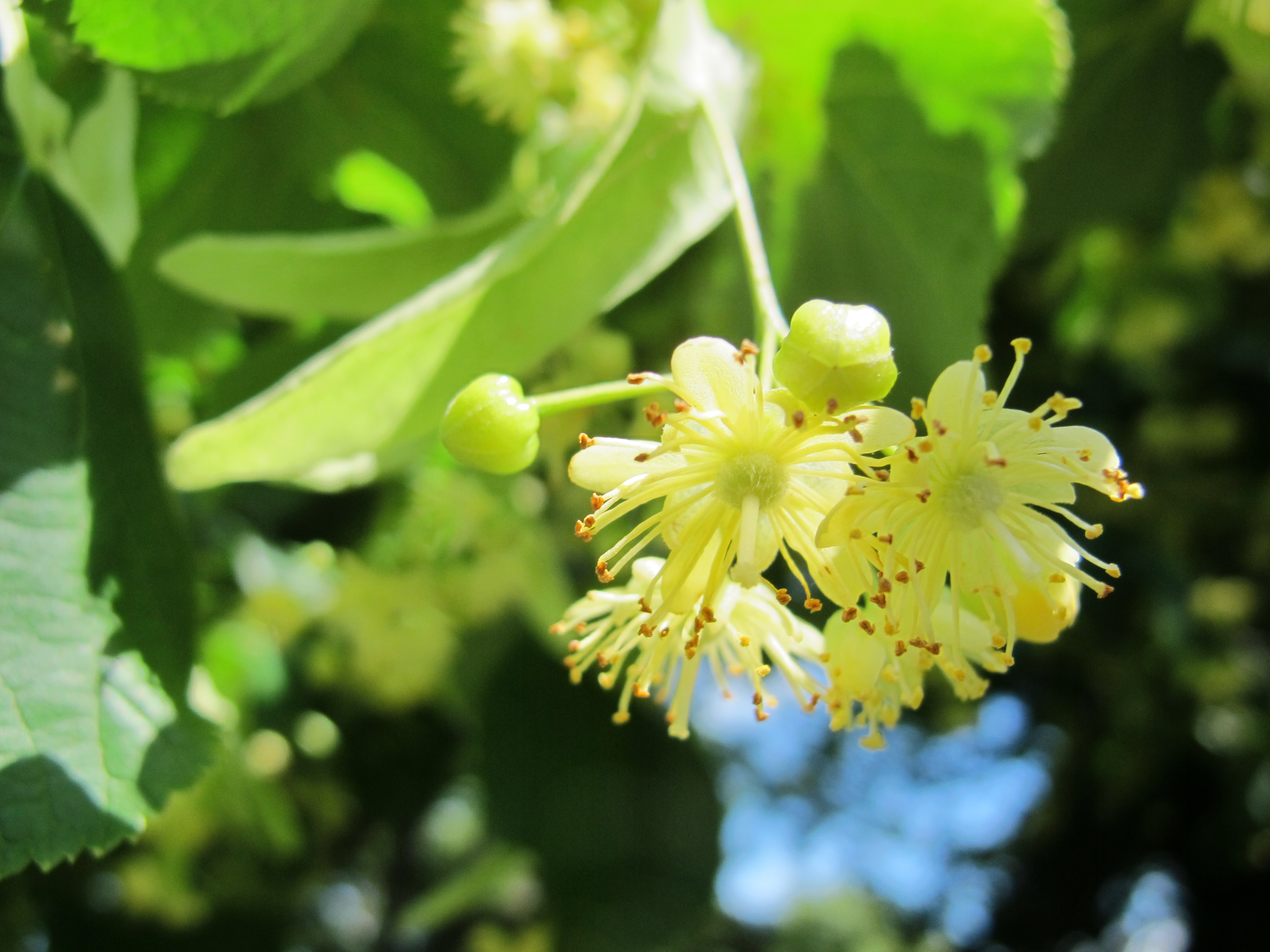
David has already covered tips for those of you living in rented accommodation. However, I feel there is a different avenue to this subject as those in living in flats or apartments will appreciate. It is extremely hard to be self sufficient will small amounts of space or no garden. This is not to say that you can’t reduce your impact and rely less on the supermarket.
Growing your own herbs and vegetables with no garden
You can still grow things, even in the smallest flat. All flats should have at least one window and that means window boxes. I picked one up for £5, filled it with compost and then planted some herbs. I put in some rosemary, coriander, dill, thyme and basil. In hindsight, the rosemary, coriander and the dill were not the most ideal for window boxes as they can become quite big. Although, it is possible to train the rosemary to grow into a manageable shape by effective pruning. Other vegetables too can be grown in window boxes, such as beetroot, lettuce, dwarf tomatoes or even fruit for example strawberries.
If you have no room on the windowsills, or live in an area where someone is likely to nick it, then you can grow edible plants indoors. For instance, as it did not do too well on my allotment, I uprooted a pepper plant and I am growing it in a pot on my kitchen windowsill. It is not that big at present, however a good friend of mine is growing one and it is over three feet tall!
The other alternative is to contact your council and ask them about renting you an allotment, There is a rather large waiting list in many cities, so if you are unlucky on the allotment front you could ask a friend who has a garden if you could grow some things in there in return for some of the harvest.
Reducing your impact
To reiterate from our rented accommodation article, (as I am heavily doing, but of course they are similar subjects) there are many ways of reducing your impact on our planet. Such as using energy saving light bulbs, recycling your waste, Recycling need not stop at bottles and cans, give your old clothes and unwanted nick knacks to charity shops and compost your organic waste. If you do not have room for a compost bin then save it in a little bucket that can be resealed and give it to a friend who does compost. If you don’t have any friends who compost or just don’t have any friends then contact your local council (see the links above, in this paragraph) as some will pick up organic waste.
One thing that has put off the urbanites from composting is the fruit flies that it can attract, I happened on a way around this purely by accident. My girlfriend Emma bought her sister a carnivorous plant for her birthday, the two days that it has been in the flat has also seen the disappearance of the fruit flies. A nice green and naturalish way of getting rid of the little pests.
To stay more green, you could also consider swapping some of your utilities to an option like good energy and the phone co-op.
You should also try using your car a bit less, get a bicycle or think about getting the train, bus or coach. If you really want to still use a car then think about car pooling with colleagues, or perhaps join a pay as you go car sharing network.
Stop relying on supermarkets
Of course if you are growing some herbs, fruit or vegetables then you are moving in the right direction. As most of the supermarket food is from the far flung corners of the globe you should consider going to your local greengrocers, butchers and bakers. Supermarkets bow down to economic force, so if enough people stop using them so much then because they want local produce they will start to sell it. I still have to rely on the supermarkets for some things such as toilet paper (recycled) and toothpaste (herbal), so if you see me in one this is why.
It is always worth finding out if stuff is in season and most green grocers will sell stuff that is in season, if you don’t know, then you can always ask them. If it is seasonal then it will be more likely to be locally produced and that means the amount of petrol used to get it to the shelf will be lessened.
Food co-ops are also another good alternative to supermarkets, we have a page with some world wide links to them that you can find by clicking here (old site)
If you do rely heavily on supermarkets and don’t have local shops around you then try finding out about the policies of the supermarket you wish to shop two of the leading UK supermarkets have some really good policies the Co-op and Waitrose.
Making your own food
You should also consider baking your own bread, I do and it tastes much better than any shop bought bread have a go here’s a few recipes to get you started Elsinore bread, Sally Lunns Bunns and my sage and seed bread. In fact to find a hole lot of recipes you can look here.
You could also go out to the woods or countryside and have a look for wild food. If you do this though ensure you are well prepared and tell someone you are going. You must also ensure you don’t pick endangered or poisonous species cross reference with two books and maybe also look on google images. Remember it is illegal to uproot anything in many countries and you must also get the landowners permission.



I really enjoy your articles of how even a flat-dweller can move more toward being self-sufficient-ish and have less of an impact on the environment. In the past years, I’ve used cloth shopping bags, energy smart lightbulbs, an electric company that generates by wind only, second hand furniture of natural materials, and many other things to attempt to live as close to nature as I can in my flat. I consider the move a journey and am always trying to find more things I can do, such as buying a solar oven in the spring and using it as much as possible. Please keep up the fantastic work and we will continue to read and make your suggestions part of our lives.